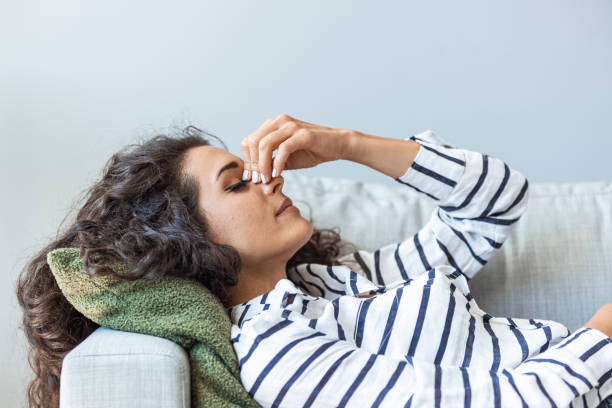Iron deficiency is one of the world’s most frequent dietary deficiencies, with women being disproportionately impacted. Women’s bodies encounter specific hurdles, such as menstrual blood loss and higher nutritional needs during pregnancy, which make maintaining optimal iron levels challenging. In this piece, we will look at why women are more susceptible to iron shortage, how it affects the body, and the most effective prevention and management techniques.
MUST READ;10 Common Myths about Mental Health and the Truth Behind Them
What Is Iron, and Why Does Your Body Need It?
Iron is an essential mineral that helps your body manufacture haemoglobin, a protein found in red blood cells that transports oxygen from your lungs to the rest of your body. Without enough iron, your organs and tissues will not receive the oxygen they require to function properly. That’s why iron deficiency can cause anaemia, a disorder marked by fatigue, weakness, dizziness, and sometimes shortness of breath.
Why is Iron Deficiency More Common in Women?
Women are predisposed to iron insufficiency due to a variety of biological and behavioural variables, particularly during their reproductive years. Understanding the reasons is critical to prevention.
- Menstrual blood loss; Every month, women of reproductive age shed blood due to menstruation. This blood loss can deplete iron levels, particularly in women who have heavy periods (also known as menorrhagia). Even substantial blood loss can result in low iron levels if not supplemented.
- Pregnancy and breastfeeding; Pregnancy dramatically increases a woman’s need for iron. During pregnancy, the body requires more iron to support the developing foetus and placenta, as well as increased blood volume. If the diet does not include enough iron, a deficit can occur quickly. Breastfeeding also raises dietary needs.
- Dietary choices; Women who eat a vegetarian or vegan diet may struggle to receive adequate iron because plant-based iron (non-heme iron) is less easily absorbed by the body than heme iron from animal sources. Furthermore, calorie-restricted diets might result in dietary deficits if not well designed.
- Higher risk of malabsorption; Celiac disease, inflammatory bowel disease (IBD), and H. pylori infection can all reduce iron absorption. Women with these illnesses are more likely to develop iron deficiency, especially if menstruation or pregnant.
- Frequent Blood Donations; Women who donate blood on a regular basis may be more susceptible to iron shortage if they do not consciously replenish their storage.
Symptoms of Iron Deficiency in Women
Iron deficiency usually develops gradually, and its symptoms can be mild or mistaken for other problems. Here are some symptoms to watch out for:
- Consistent tiredness or weakness
- Pale or dark under-eye circles
- Shortness of breath, particularly during strenuous activity.
- Brittle nails and hair loss
- Craving non-food objects (such as ice or clay, a syndrome known as pica).
- Cold fingers and toes
- Difficulty concentrating or brain fog
- Headache or dizziness.
If you are having any of these symptoms, you should have a blood test to determine your haemoglobin and ferritin levels.
How To Prevent Iron Deficiency
Preventing iron deficiency requires being attentive about your nutrition, everyday behaviours, and regular check-ups. Here are some simple ways to maintain healthy iron levels:
- Consume iron-rich meals (red meat, beans, spinach, and tofu).
- Pair iron with vitamin C (such as citrus or tomatoes).
- Avoid caffeine, tea, and calcium during iron-rich meals.
- Monitor and handle the heavier times.
- Take supplements solely on medical advice.
- Obtain regular blood testing if you are at risk.
In conclusion, Iron deficiency is widespread and preventable. For women, understanding the risk factors is the first step toward maintaining optimal health. A healthy diet, being aware of your body’s signals, and getting regular tests will help you maintain your energy, attention, and vitality. If you feel you have iron deficiency, do not self-diagnose; instead, consult a healthcare expert. The faster you act, the better you’ll feel.


